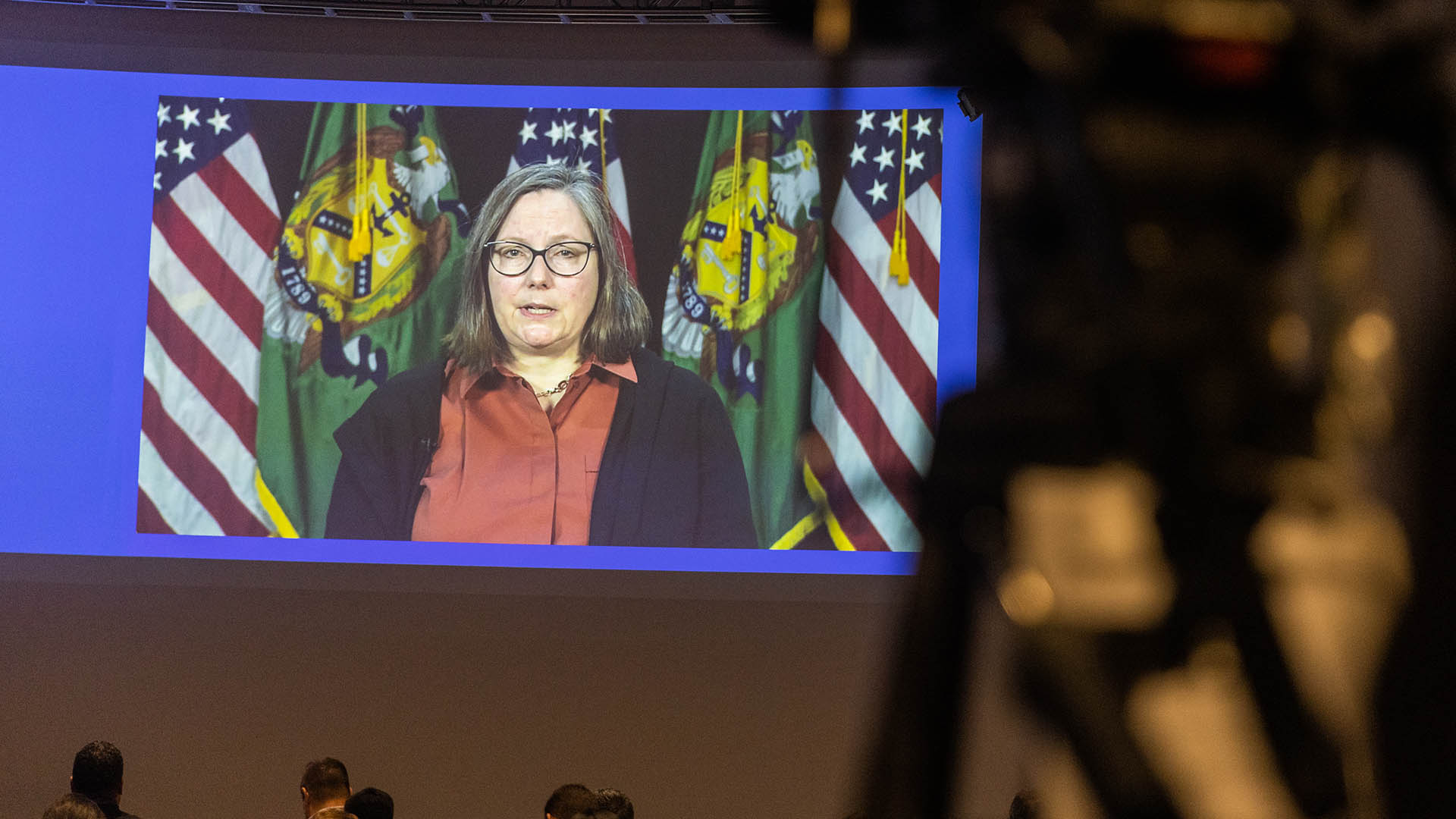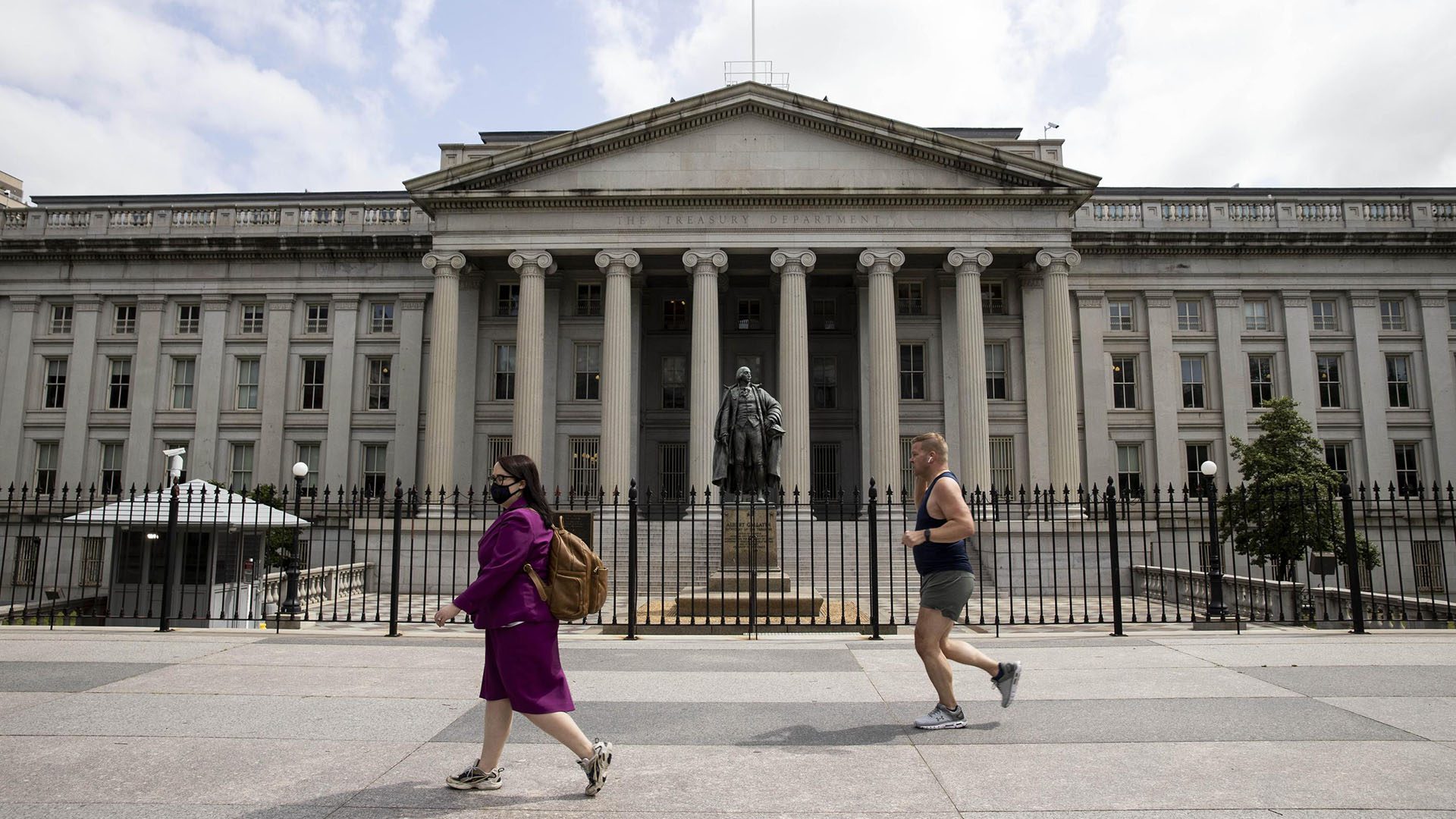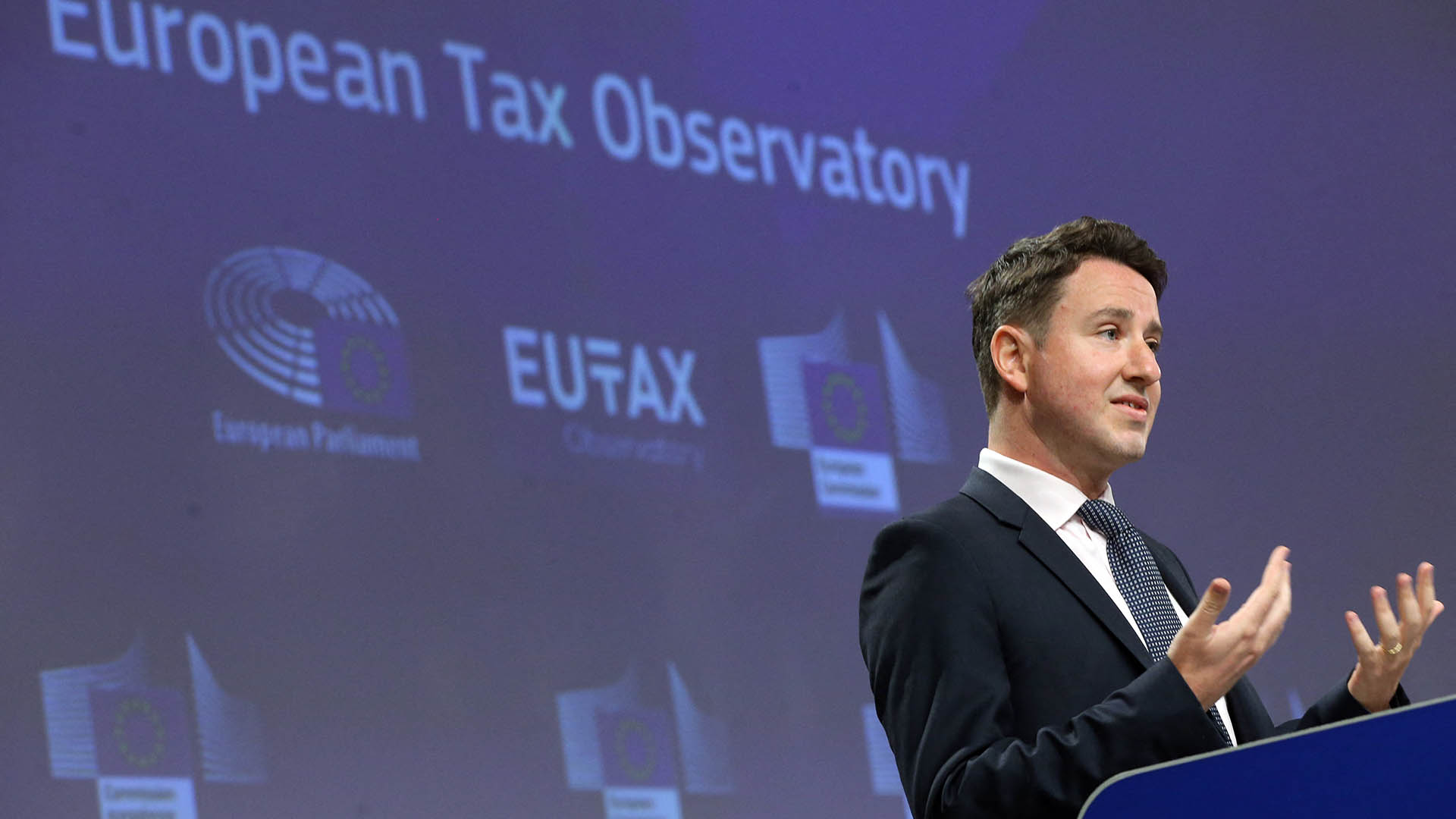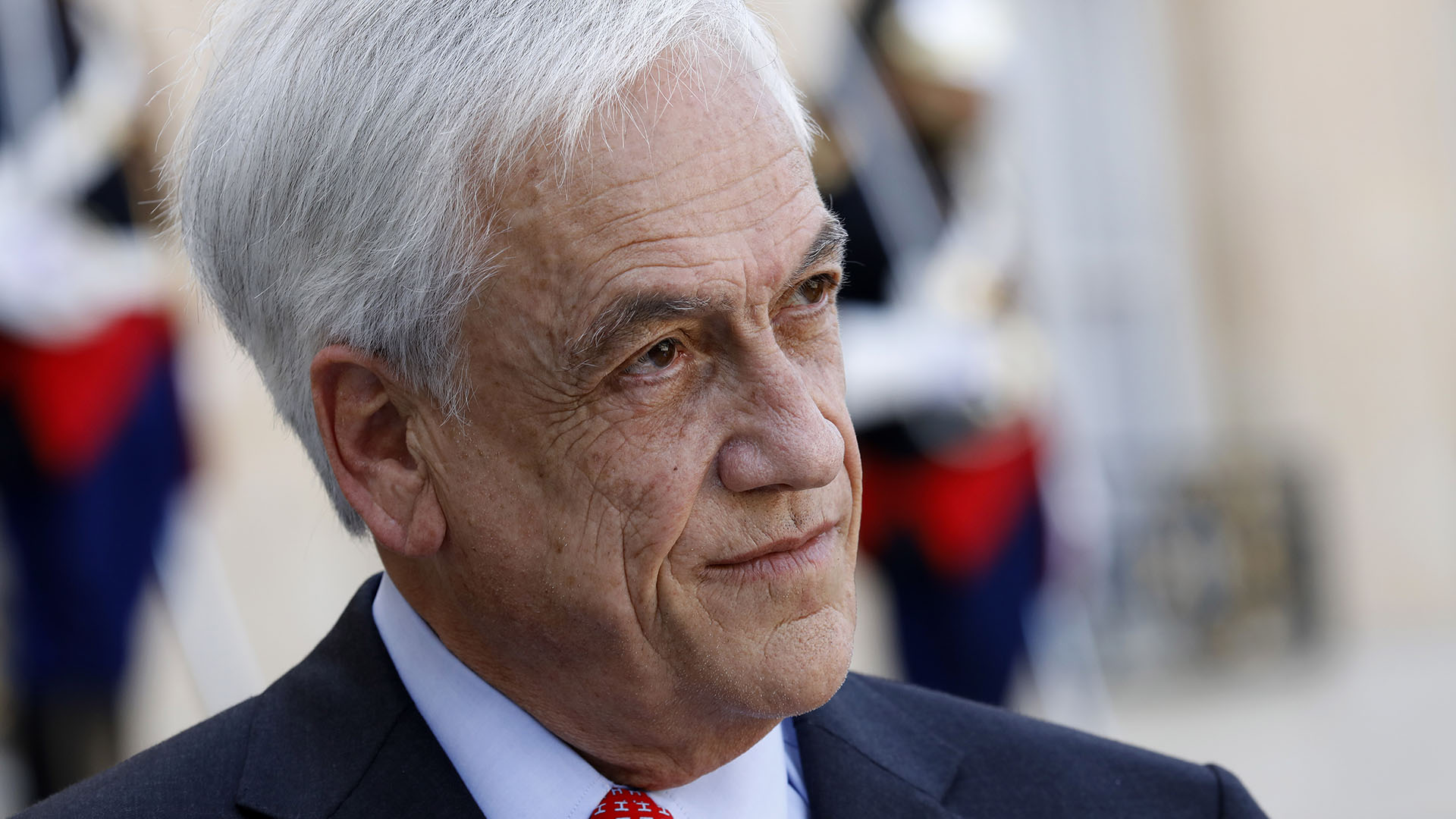New York’s governor is on the cusp of signing off on a plan to create a public database that would unmask the owners of shell companies used to anonymously buy real estate and stash dirty money. With Kathy Hochul’s signature, the new state law — dubbed the LLC Transparency Act — will go into effect in one year and require owners of limited liability companies to disclose their identities to state authorities.
In an op-ed published by the Albany Times Union in May, state Rep. Emily Gallagher, who co-sponsored the bill, said it was intended to “strike a blow against slumlords, human traffickers, fentanyl importers, tax cheats, terrorists, political corruption, kleptocrats and Russian oligarchs.” But some experts have warned the current proposal relies on weak civil penalties for enforcement.
The LLC Transparency Act is closely modeled on the federal Corporate Transparency Act, which was approved by the U.S. Congress in 2021 after ICIJ and BuzzFeed’s FinCEN Files investigation exposed billions in dirty money flowing freely through the global banking system.
The CTA was hailed as a landmark reform by transparency advocates and mandated the creation of a beneficial ownership registry, which is a database of company owners. But the process of building it has been beset by delays and disagreements over how to collect the information that feeds the database and who should be able to access it.
New York intends to sidestep some of those issues by offering a public, searchable database. Under the act, LLCs created or doing business in New York would be required to report the names of their beneficial owners and business addresses to the New York Department of State. The new legislation defines beneficial owners as those who “substantially control” a company or own at least a 25% stake in it. Under current laws, all that’s required to open an LLC in New York is an official business name, disclosure of the county where the business will operate and a post office box.
Based on the current timeline, New York’s public database is likely to be the first of its kind in the U.S., paving the way for other states to follow suit. In California, two state lawmakers filed similar bills this year. The federal law requires businesses to disclose LLC ownership to the U.S. Treasury Department’s enforcement arm, the Financial Crimes Enforcement Network, known as FinCEN, to be stored in a private, encrypted database.
How ‘privacy’ shields bad actors
LLCs are legitimate business structures that shield their owners from personal liability. They’re also popular in the financial secrecy world. In New York, a longtime hotspot for hiding foreign wealth, shell companies are often used to purchase luxury properties while the real owners remain anonymous.
The lawmakers behind the new bill have said they want to stop the abuse of LLCs for criminal activities such as money laundering and tax evasion and to expose unscrupulous landlords seeking to avoid scrutiny or sanctioned Russian oligarchs stashing funds in overseas property.
“This move by the New York legislature is an important sign that the United States no longer wants to be a home to the world’s dirty cash,” Erica Hanichak, government affairs director at the FACT Coalition, a transparency advocacy group, told ICIJ. “Particularly in a market as important as New York, it is vital that there be better corporate transparency to deny fraudsters, oligarchs and terrorists access to our financial system to move dirty cash.”
This move by the New York legislature is an important sign that the United States no longer wants to be a home to the world’s dirty cash.
— Erica Hanichak, government affairs director at the FACT Coalition
While transparency advocates and trade unions support the proposed law, some real estate brokers have criticized it for unnecessarily outing property buyers. “The vast majority of corporate purchases are people who simply want to maintain their privacy and not see their names emblazoned across the media if they purchase an expensive property,” Frederick Warburg, who runs a high-end real estate brokerage in New York City, told The Real Deal.
ICIJ investigations based on leaks of secretive financial records, such as the Panama Papers and Pandora Papers, have revealed a parallel global economy that allows the rich and powerful to dodge taxes and hide their wealth in tax havens. In recent years, and in response to rolling exposés, corporate ownership registries have gained popularity worldwide as a key tool to ensure transparency and facilitate government oversight.
The consequences for noncompliance
One concern over the new legislation is whether the penalty for noncompliance will act as a strong enough deterrent. The bill calls for a civil fine of $250 if LLCs fail to meet reporting requirements for two years and two months. Joshua Bromberg, a Manhattan-based attorney, told Axios he had “serious doubts” about the efficacy of the proposed enforcement mechanisms.
Rep. Gallagher, who cosponsored the bill with state Sen. Brad Hoylman, told ICIJ the penalty was initially higher but was lowered during legislative negotiations to align with non-filing penalties established under state law. In a statement, she clarified that the fine isn’t the only consequence businesses could face for noncompliance.
“Under the text of the bill, businesses that fail to disclose their beneficial owners will be designated as ‘delinquent,’ and only an up-to-date beneficial ownership disclosure form and the payment of a $250 fine will remove that designation,” Gallagher said. “I expect that honest businesses will have no trouble complying with the law; delinquent enterprises may find it more difficult to do business in New York if it seems like they have something to hide.”
Gallagher said that if non-compliance becomes widespread, she will seek tougher penalties, such as barring business from operating in New York and removing LLC protections.
By comparison, the CTA, which goes into effect in January, includes penalties of up to $10,000 and two years imprisonment for “willfully” reporting or attempting to report false or incomplete beneficial ownership information to FinCEN.
Hanichak, from the FACT Coalition, said that the New York bill would put additional pressure on business professionals filing beneficial ownership information to know who they are working with, because there is no “plausible deniability.” She said she expects most businesses and individuals to comply.
“To the extent that there are bad actors, they might still file, but they might just list themselves instead of the true beneficial owner on the paperwork,” Hanichak said. “While that’s not perfect, it is at least a starting point for law enforcement to be able to understand how to follow the money for an investigation.”







